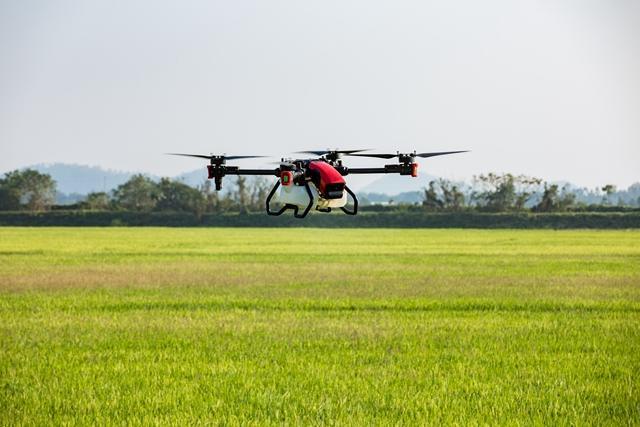Unmanned farming is on the rise, and one of the most significant developments in this field is the adoption of autonomous tractors. These self-driving machines are transforming traditional farming practices and offering a range of benefits to farmers and the agricultural industry as a whole.
Autonomous tractors are equipped with advanced technology that allows them to operate without human intervention. Here are some key advantages of using autonomous tractors in unmanned farming:
-
Increased Efficiency: Autonomous tractors can work continuously without breaks, leading to increased productivity. They can also perform tasks with precision, ensuring that every inch of the field is utilized effectively.
-
Labor Savings: By reducing the need for human tractor operators, farmers can save on labor costs. This is especially beneficial in regions facing labor shortages or in large-scale farming operations.
-
Improved Safety: Autonomous tractors are equipped with sensors and cameras that can detect obstacles and make real-time adjustments. This enhances safety by reducing the risk of accidents and collisions.
-
Optimized Field Management: These tractors can be programmed to follow specific routes and patterns, ensuring that fields are plowed, planted, and harvested with consistency. They can also collect data on soil conditions, helping farmers make informed decisions about crop management.
-
Reduced Environmental Impact: Autonomous tractors can be programmed to minimize overlap when applying fertilizers, pesticides, and herbicides. This reduces chemical usage, lowers environmental impact, and contributes to sustainable farming practices.
-
Remote Monitoring: Farmers can monitor and control autonomous tractors remotely through software and mobile applications. This allows for real-time adjustments and troubleshooting, even from a distance.
Despite the many advantages of autonomous tractors, there are challenges to their widespread adoption. The initial investment in these machines can be substantial, and some farmers may require training to operate and maintain them effectively. Additionally, there are concerns about data privacy and security when using connected equipment.
In conclusion, autonomous tractors are a game-changer in the world of unmanned farming. They offer numerous benefits, including increased efficiency, labor savings, improved safety, and reduced environmental impact. As technology continues to advance and become more accessible, autonomous tractors are likely to become a common sight on farms worldwide, helping to meet the growing demand for food production.







Please sign in to comment
register